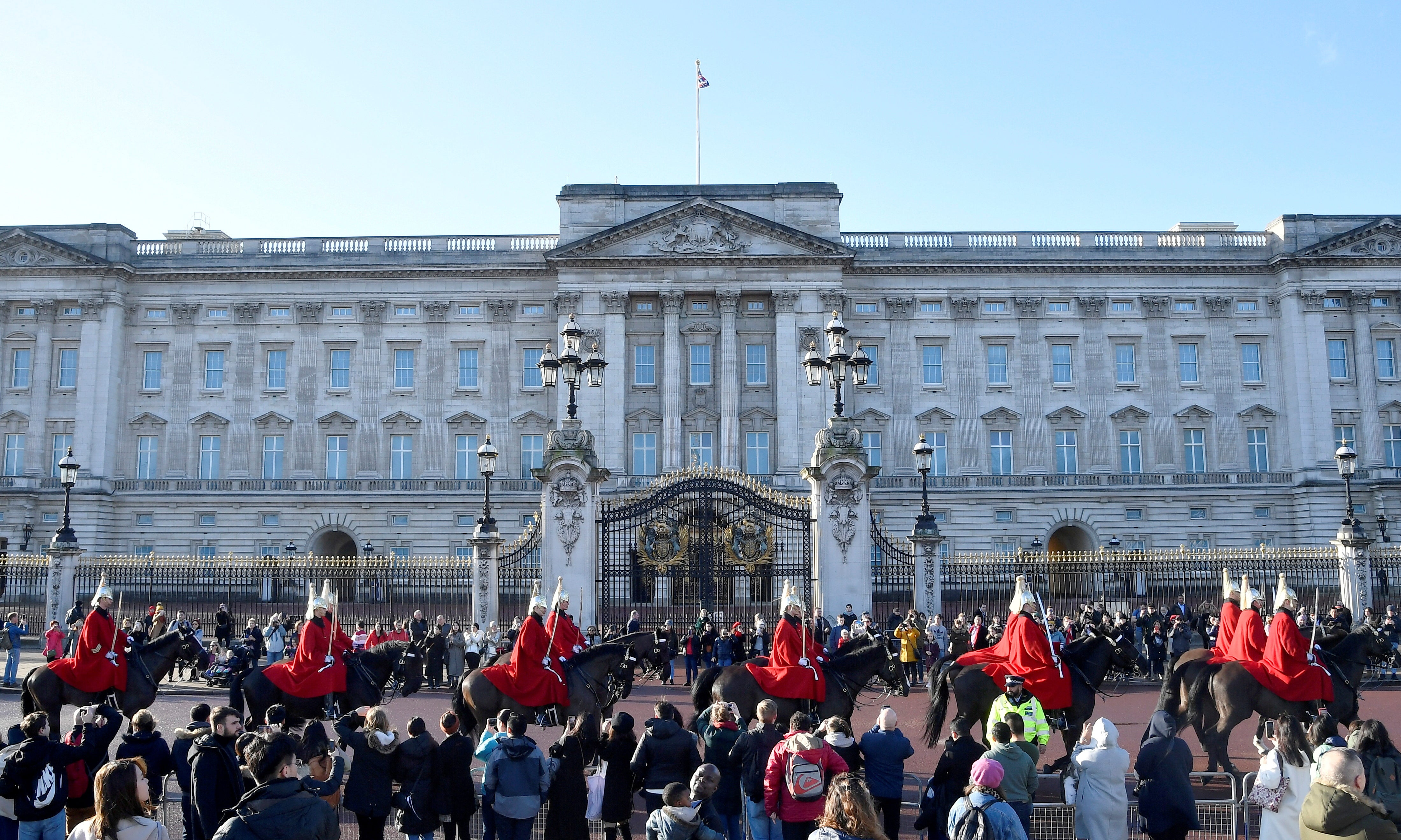Palace banned ethnic minorities from office roles until late 1960s
Advisers for Her Majesty banned “coloured immigrants or foreigners” from clerical posts

Your support helps us to tell the story
From reproductive rights to climate change to Big Tech, The Independent is on the ground when the story is developing. Whether it's investigating the financials of Elon Musk's pro-Trump PAC or producing our latest documentary, 'The A Word', which shines a light on the American women fighting for reproductive rights, we know how important it is to parse out the facts from the messaging.
At such a critical moment in US history, we need reporters on the ground. Your donation allows us to keep sending journalists to speak to both sides of the story.
The Independent is trusted by Americans across the entire political spectrum. And unlike many other quality news outlets, we choose not to lock Americans out of our reporting and analysis with paywalls. We believe quality journalism should be available to everyone, paid for by those who can afford it.
Your support makes all the difference.The Queen’s advisers banned “coloured immigrants or foreigners” from clerical posts in the royal household until at least the late 1960s, archive documents have revealed.
The papers, reported by The Guardian, also outlined how in the late 1960s civil servants and senior figures from government negotiated with royal aides an exemption for the Queen and the household from legislation designed to prevent race and sex discrimination.
The legislation was passed in the mid-1970s by a Labour government who pushed broad social reforms in Britain. But the royal dispensation was agreed which meant the Race Relations Board dealt with allegations of racial discrimination made by members of the royal household rather than the courts.
The exemption still remains in place under the 2010 Equality Act which replaced the 1976 Race Relations Act, the 1975 Sex Discrimination Act and the 1970 Equal Pay Act, The Guardian reported.
A Buckingham Palace spokesperson said the Queen and the household comply with the present Equality Act “in principle and in practice”, adding: “Claims based on a second-hand account of conversations from over 50 years ago should not be used to draw or infer conclusions about modern-day events or operations.”
The documents also revealed that in 1968 the Queen’s chief financial manager told civil servants that it was not “the practice” to employ “coloured immigrants or foreigners” to clerical roles in the royal household.
Records on representation were not kept at the palace before the 1990s, so it is not known when minorities were first employed in clerical roles.
The newspaper’s reporting stems from documents it has uncovered relating to the use of the parliamentary procedure known as Queen’s Consent, where the monarch’s approval is sought before legislation - which may affect either the royal prerogative or the sovereign’s private interests - can be passed by parliament.
The revelations are likely to shine a further spotlight on the Royal Family’s attitudes to race after recent allegations from the Duke and Duchess of Sussex that an un-named royal commented about how dark their son Archie’s skin tone might be before he was born.
The Duke of Cambridge has defended the monarchy against Harry and Meghan’s claims, saying soon after they were made “we’re very much not a racist family”.
A Buckingham Palace spokesperson added: “The principles of Crown Application and Crown Consent are long established and widely known.
“The royal household and the sovereign comply with the provisions of the Equality Act, in principle and in practice. This is reflected in the diversity, inclusion and dignity at work policies, procedures and practises within the Royal Household.
“Any complaints that might be raised under the Act follow a formal process that provides a means of hearing and remedying any complaint.”
Additional reporting by PA
Join our commenting forum
Join thought-provoking conversations, follow other Independent readers and see their replies
Comments